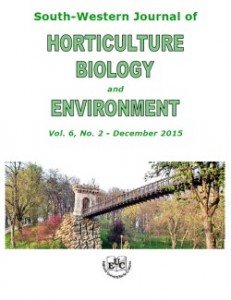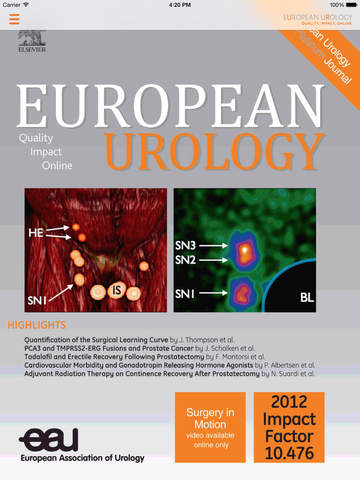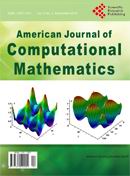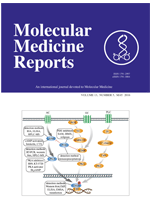 Here’s a strange one: We discovered a paper about an antibiotic-resistant strain of bacteria that bore two retraction notices, and each provided a different reason for retraction. One alleged misconduct; that notice still appears now. The other — which has since disappeared — said the paper was submitted by mistake.
Here’s a strange one: We discovered a paper about an antibiotic-resistant strain of bacteria that bore two retraction notices, and each provided a different reason for retraction. One alleged misconduct; that notice still appears now. The other — which has since disappeared — said the paper was submitted by mistake.
“In vitro effect of boric acid and calcium fructoborate esters against methicillinresistant Staphylococcus aureus strain” was published in the South-Western Journal of Horticulture, Biology and Environment. The full text isn’t available on the journal’s website.
First, here’s the text in the retraction notice that appears when one clicks on the “download full text” link in the table of contents next to the paper: Continue reading A tale of two retraction notices — for the same paper

 A journal has retracted the results of a clinical trial comparing strategies for bladder tumors after the authors mischaracterized the way patients were assigned to each procedure.
A journal has retracted the results of a clinical trial comparing strategies for bladder tumors after the authors mischaracterized the way patients were assigned to each procedure. A journal has retracted an abstract after discovering the author didn’t submit it — and also because it appears “highly similar” to a previous publication in Chinese.
A journal has retracted an abstract after discovering the author didn’t submit it — and also because it appears “highly similar” to a previous publication in Chinese.
 A researcher in Egypt is threatening to sue a mathematics journal if it doesn’t un-retract one of his papers.
A researcher in Egypt is threatening to sue a mathematics journal if it doesn’t un-retract one of his papers.


